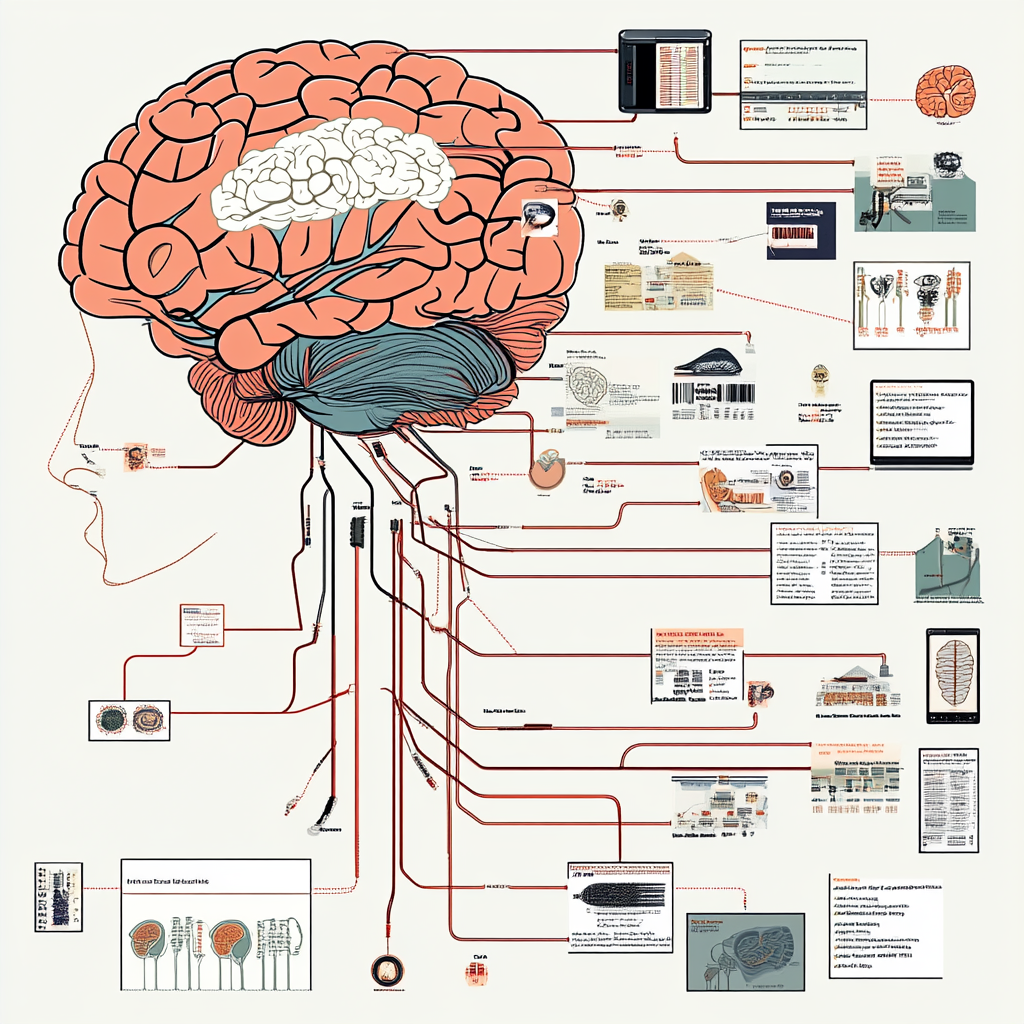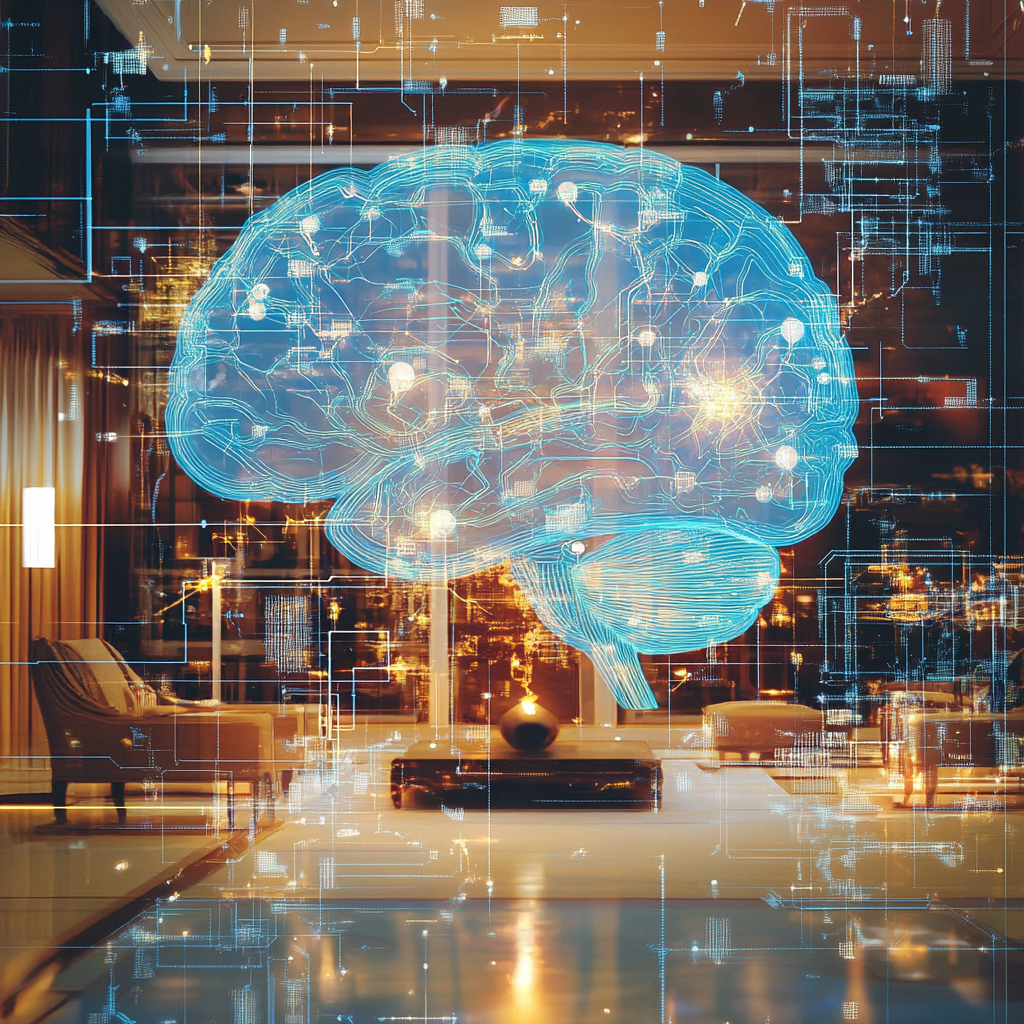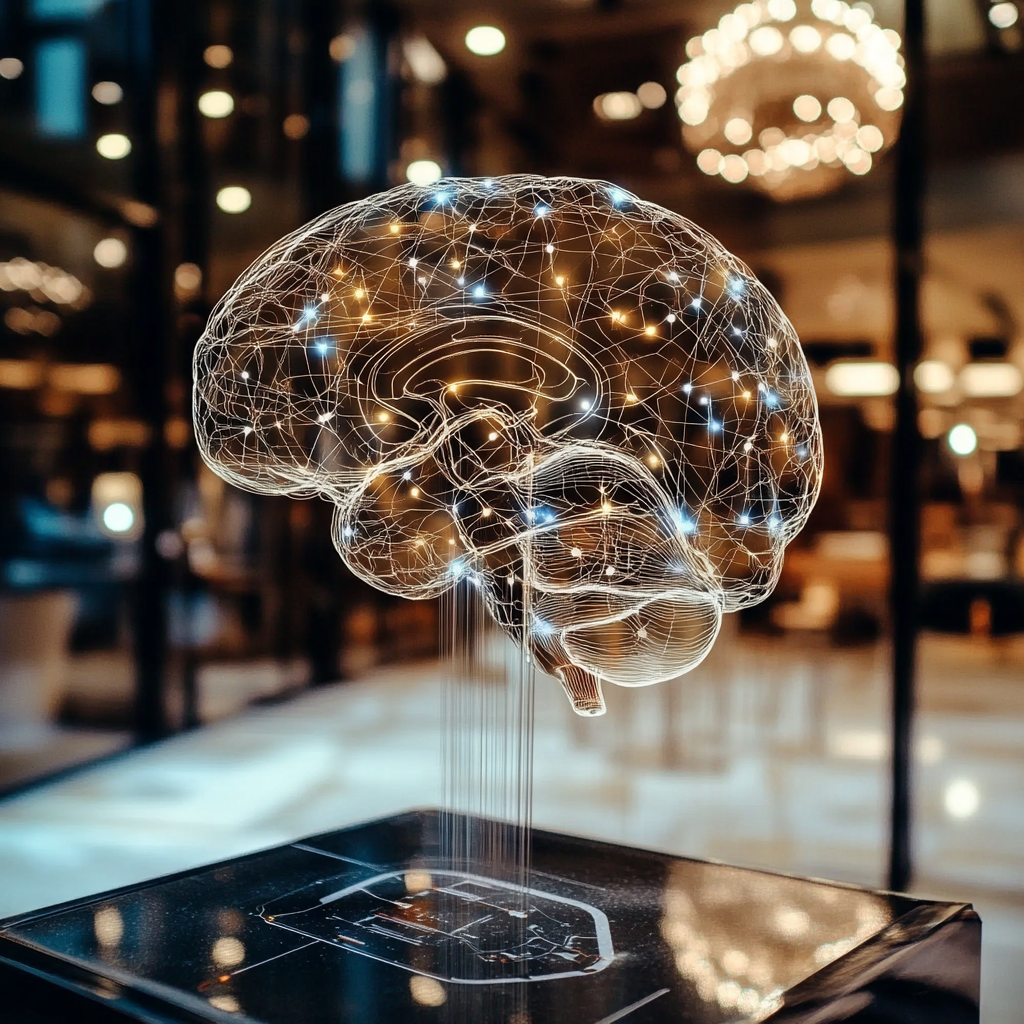The Impossible Balance in Modern Hospitality
In today's high-pressure hospitality environment, hotels face what many consider an impossible triangle: maximize revenue, elevate guest satisfaction, and optimize operational efficiency—all simultaneously and with fewer staff than ever before.
For years, the industry's answer has been automation. But standard automation has hit its limit. Why? Because traditional systems can execute tasks but can't maintain focus on strategic goals while handling thousands of interactions. They can't prioritize what truly matters as circumstances change. They can't remember context across a guest's journey.
In short, they can't think.
The Cognitive Difference
See how CordiantOne's approach compares to traditional hospitality automation.
Traditional Automation
- Rule-based responses
- Separate systems for different tasks
- Loses context between interactions
- Requires constant manual updates
- Simple task execution
CordiantOne Cognitive Control
- Goal-directed intelligence
- Unified cognitive architecture
- Maintains context across guest journey
- Adapts and learns from interactions
- Hierarchical task prioritization
While others offer tools that automate isolated tasks, CordiantOne provides a cognitive system that maintains your hotel's strategic goals while flawlessly executing thousands of interactions.
Beyond Automation: The Coming Cognitive Revolution
This is precisely why forward-thinking hotels will soon look beyond automation to cognitive science—the study of how the human mind maintains focus, switches attention appropriately, and balances multiple priorities without dropping the ball.
CordiantOne represents this upcoming shift, bringing principles from cognitive control theory directly into hotel operations with projections for measurable impacts on all three critical metrics:
- Revenue Enhancement : 8-12% increase in upsell conversion and 5-7% improvement in direct booking rates
- Guest Satisfaction : 15-20% higher response consistency and 60% faster resolution times
- Operational Efficiency : 30-40% reduction in task-switching time and 25% decrease in missed follow-ups
The Cognitive Control Framework
At its core, cognitive control is the brain's executive system—the mechanisms that allow us to maintain goal-directed behavior despite distractions and competing priorities. It's what enables your best hotel leaders to make sound decisions under pressure.
CordiantOne's architecture is built on three core cognitive control principles that will directly impact your hotel's performance:
1. Goal Representation and Maintenance: Never Losing Sight of What Matters
Human cognitive control begins with clearly representing goals in working memory—maintaining focus on objectives even while attention shifts elsewhere.
Revenue Impact:
Unlike systems that treat all inquiries equally, CordiantOne will recognize high-value revenue opportunities and prioritize them accordingly. When a potential group booking inquiry arrives alongside standard requests, the system will allocate appropriate attention to the higher-value opportunity.
Projected Result: A 400-room property using cognitive prioritization will be able to capture an additional $350,000-$500,000 in revenue annually from opportunities that would otherwise fall through the cracks during high-volume periods.
2. Selective Attention and Inhibition: The Right Focus at the Right Time
The human brain doesn't give equal resources to every input but selectively enhances relevant information while inhibiting distractions.
Guest Satisfaction Impact:
When processing multiple guest interactions, CordiantOne will adjust its attention allocation based on guest value, situation complexity, and emotional content—giving proper depth to interactions that require it while efficiently handling routine matters.
Projected Result: Hotels implementing cognitive attention allocation will see guest satisfaction scores increase by 15-20% as guests receive appropriately tailored responses rather than one-size-fits-all automation.
3. Adaptive Performance Monitoring: Self-Correcting Operations
Perhaps most importantly, cognitive control involves continuously evaluating performance against goals and adapting approaches when needed.
Operational Efficiency Impact:
Unlike static systems, CordiantOne will monitor its own performance against your hotel's KPIs and adjust its approach when metrics trend in unwanted directions—shifting resources, changing response patterns, and alerting human teams when necessary.
Projected Result: Operations teams will report 30-40% time savings as the system handles routine matters intelligently while escalating only what truly requires human intervention.
The Science Behind the Results
These principles aren't just theoretical—they're backed by decades of neuroscience research showing how effective cognitive control directly improves performance:
Reduced Context Switching Costs = Direct Labor Savings
Research from the American Psychological Association shows that context switching can waste up to 40% of productive time. Hotel staff face this challenge constantly as they juggle guest requests, operational tasks, and strategic work.
CordiantOne's cognitive architecture will maintain context across thousands of interactions, eliminating the inefficiencies of "rebooting" between tasks. For a 400-room hotel, this will translate to the equivalent of 3-5 full-time positions redirected to higher-value activities.
Enhanced Working Memory = Superior Guest Experience
Cognitive science has established that the human brain can typically maintain only 4-7 items in working memory. This limitation creates challenges in busy hotel environments.
CordiantOne will extend this capacity significantly, maintaining awareness of hundreds of guest interactions simultaneously—creating a level of consistent personalization impossible for even your best team members to maintain during peak periods.

Dynamic Resource Allocation = Revenue Optimization
Cognitive control theory explains how the brain allocates more resources to complex, important tasks while efficiently handling routine matters.
For hotels, this will mean every inquiry, request, and opportunity receives precisely the attention it deserves based on its value and complexity—ensuring revenue opportunities are never missed while routine matters are handled efficiently.
The Future Belongs to Cognitive Hotels
As we look ahead, the distinction between hotels using basic automation and those leveraging cognitive systems will become increasingly apparent to both operators and guests.
For Operators: The difference will appear in the financial statements—with cognitive hotels capturing significantly more revenue with lower operating costs.
For Guests: The difference will be felt in every interaction—with cognitive hotels delivering responses that feel surprisingly human in their understanding and consistency.
Forward-thinking hotel executives recognize that this cognitive advantage will soon become a competitive necessity. Just as revenue management systems evolved from simple rules to sophisticated algorithms, hotel operations technology is now poised to make the leap from basic automation to cognitive intelligence.
Those who move first will gain a substantial advantage in all three critical metrics—revenue, guest satisfaction, and operational efficiency—without forcing painful tradeoffs between them.
From Science to Your Bottom Line
The application of cognitive science to hotel operations isn't just an interesting theoretical exercise—it will provide a direct path to measurable business results:
- Immediate Impact: 30-40% staff time redirection from routine tasks to high-value activities
- Short-Term Returns: 15-20% improvement in guest satisfaction metrics
- Long-Term Value: 8-12% revenue enhancement through better capture of opportunities
For a typical 400-room property, these improvements will translate to $1.2-1.8 million in annual value—a return far beyond what conventional automation can deliver.
References
- Botvinick, M. M., & Cohen, J. D. (2014). The computational and neural basis of cognitive control: Charted territory and new frontiers. Cognitive Science, 38(6), 1249-1285.
- American Psychological Association. (2006). Multitasking: Switching costs. Retrieved from http://www.apa.org/research/action/multitask
- Miller, G. A. (1956). The magical number seven, plus or minus two: Some limits on our capacity for processing information. Psychological Review, 63(2), 81-97.
- Deloitte. (2023). Travel & Hospitality Industry Outlook 2023: Technology Investment Trends in Post-Pandemic Recovery.



